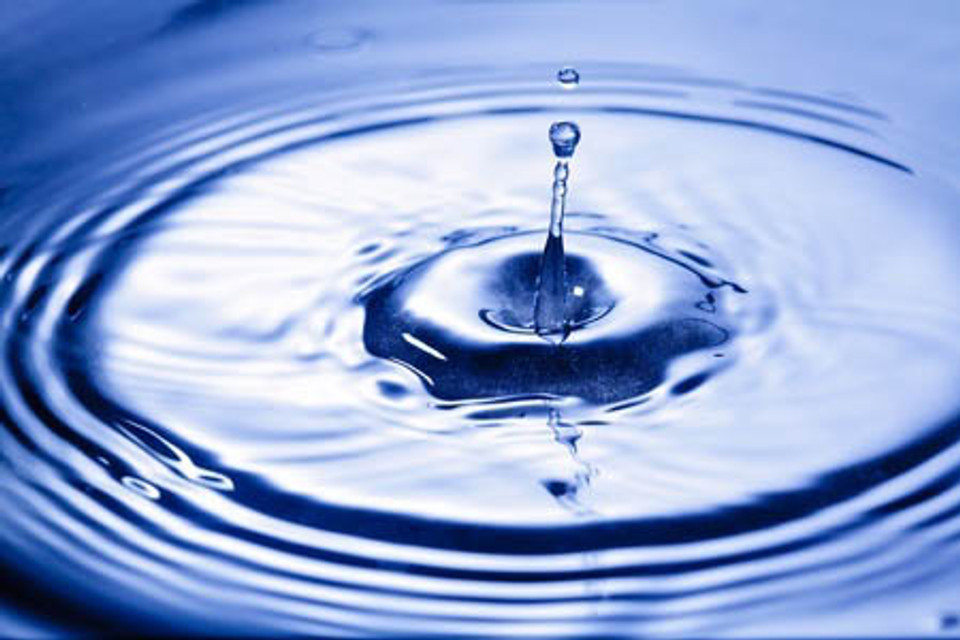Nov 3rd 2025
Are You Overlooking Contaminated Water as a “Food Toxin”?
. . . making the case for using clean water in preparing food for consumption Most water is unfit for human consumption. You may recall the EPA coming down hard on the Marine Corps base at Camp Lejeune in North Carolina. Or, how the U.S. Council of Environmental Quality reported that cancer risks of people drinking chlorinated water are 93% higher than those who don’t. Plus, toxins from landfill and agricultural runoff, sewage, industrial chemicals—even radiation from Japan’s 2011 Fukushima nuclear disaster—continue to show up in our water supply. Role of water in food health Thus, it’s no surprise that water plays a big role in the quality of the foods we eat. In fact, whether you grow your own produce or buy from a local farmers’ market or grocery store, your food comes into direct contact with numerous water sources. Crops are irrigated…animals are hydrated…and some foods are grown entirely in water (aquaponics). Plus, foods are washed, rinsed, canned, cooked, and…
read more Fuel your life with the purest vitamins
Fuel your life with the purest vitamins


